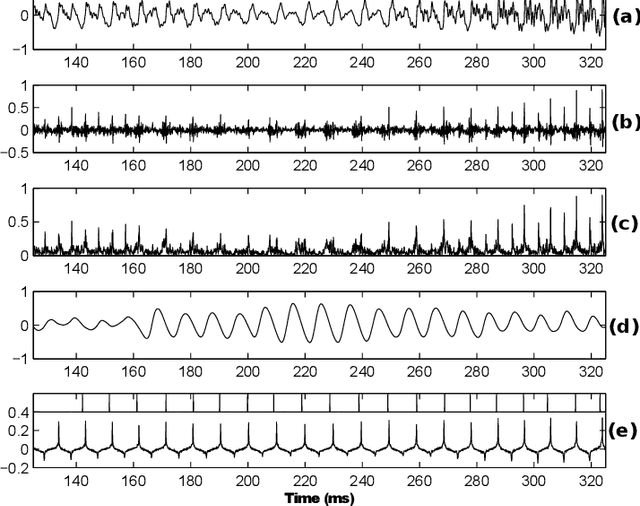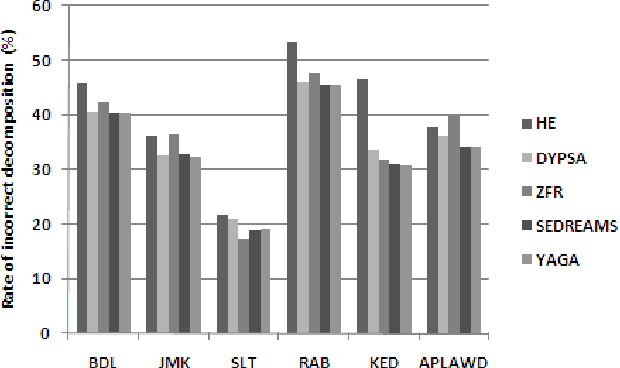Patrick Naylor
Detection of Glottal Closure Instants from Speech Signals: a Quantitative Review
Dec 28, 2019



Abstract:The pseudo-periodicity of voiced speech can be exploited in several speech processing applications. This requires however that the precise locations of the Glottal Closure Instants (GCIs) are available. The focus of this paper is the evaluation of automatic methods for the detection of GCIs directly from the speech waveform. Five state-of-the-art GCI detection algorithms are compared using six different databases with contemporaneous electroglottographic recordings as ground truth, and containing many hours of speech by multiple speakers. The five techniques compared are the Hilbert Envelope-based detection (HE), the Zero Frequency Resonator-based method (ZFR), the Dynamic Programming Phase Slope Algorithm (DYPSA), the Speech Event Detection using the Residual Excitation And a Mean-based Signal (SEDREAMS) and the Yet Another GCI Algorithm (YAGA). The efficacy of these methods is first evaluated on clean speech, both in terms of reliabililty and accuracy. Their robustness to additive noise and to reverberation is also assessed. A further contribution of the paper is the evaluation of their performance on a concrete application of speech processing: the causal-anticausal decomposition of speech. It is shown that for clean speech, SEDREAMS and YAGA are the best performing techniques, both in terms of identification rate and accuracy. ZFR and SEDREAMS also show a superior robustness to additive noise and reverberation.
 Add to Chrome
Add to Chrome Add to Firefox
Add to Firefox Add to Edge
Add to Edge